|
It has been a year of reckoning for Canada. Reckoning with another year of COVID-19 and all that came with it, and reckoning with our racist past and present.
Now, almost two years into the pandemic, we’ve seen breakthroughs in vaccinations, various lockdown measures put in place and removed, a rise in the anti-vaxx movement and anti-Asian racism and violence, amongst others.
After eight women in Atlanta were murdered in March, authors wrote stories about the impacts this event and ongoing racism had and continues to have on Asian communities. Fifteen professors came together for one article to address #StopAsianHate, another author wrote about how mental health check-ins aren’t enough and we were told in fighting racism, we need to share the burden of responsibility.
These instances saw our communities come together through pain to support and uplift each other despite all that was going on.
Not two months later, horrific news broke as the bodies of 215 Indigenous children were found at former Kamloops Indian Residential School. Since then, hundreds of more have been found, and likely will still continue to be found. Authors wrote pieces addressing why many Canadians don’t seem to care about the lasting effects of residential schools and how Canada will recognize genocide, but not its own.
While there was plenty of darkness there was also light. We learned about pandemic puppies, lip-syncing and death metal and answered some Curious Kids questions about the sky, what blind people see in their dreams and how languages are formed.
Since joining the Culture + Society desk last March, I’ve helped us publish over 220 stories from authors across this country and abroad. As we head into 2022, I would love to hear from you, your ideas, what stories you’d like to read and who you want to be telling them.
|
Year in Review: Culture + Society
|
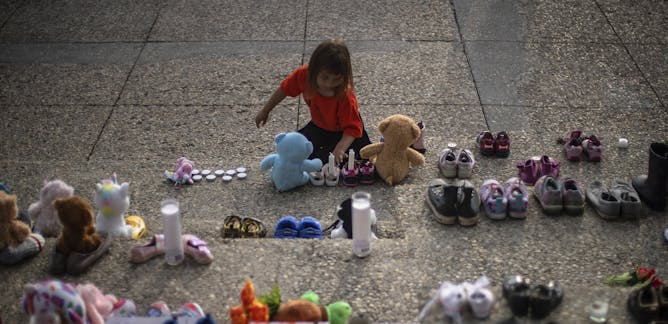
Veldon Coburn, L’Université d’Ottawa/University of Ottawa
Ground-penetrating radar located the remains of 215 First Nations children in a mass unmarked grave, revealing a macabre part of Canada’s hidden history.
| |
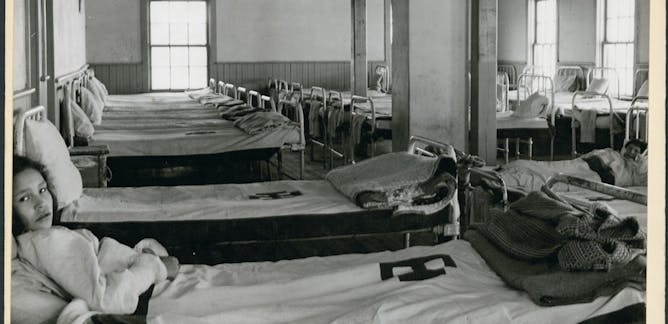
Allison Daniel, University of Toronto
We must recognize and understand the harms that malnutrition and nutrition experiments on Indigenous people caused and the legacy they have left.
|

Tony Silva, University of British Columbia
Why do men identify as straight if they have sex with other men? And why would a straight man have sex with another man in the first place?
| |
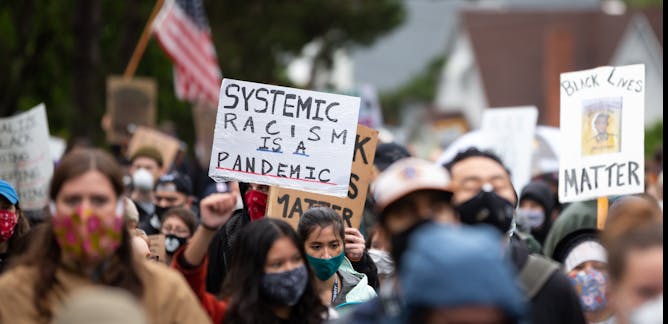
Manjeet Birk, Carleton University
Critical race theory has simply become the latest target of white supremacy. But as you may guess, CRT is not the problem. The problem is diversity.
|
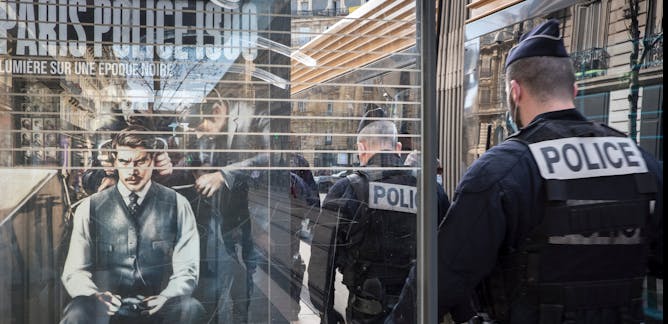
Tiara Sukhan, Western University
The classic cop show is now a problematic genre, but if it can change, then perhaps real world policing can too.
| |

Beth Daly, University of Windsor
Dogs might be helping people through the pandemic, but should we be concerned by unprepared, impulsive dog purchases?
|

Paul McKenzie-Jones, University of Lethbridge
The conversation around the U.S.-Canada land border reopening should include Indigenous people and the restrictions they’ve faced since the international border was created.
| |
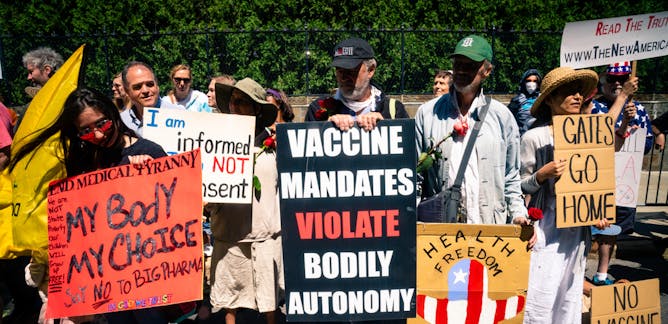
Paula Larsson, University of Oxford
Vaccine resistance movements have always been led by white, middle-class voices and promoted by structures of racial inequality.
|
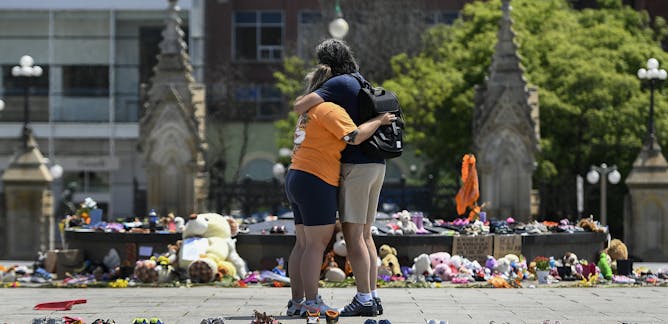
Marcia Anderson, University of Manitoba
A commitment to eliminating racism must be reflected in accountability mechanisms that focus on the impacts of coordinated and consistent anti-racist action.
| |

Roshaya Rodness, University of Toronto
The algorithm has become a new way of capturing reality automatically, and it demands a heightened ethical engagement with photos.
|
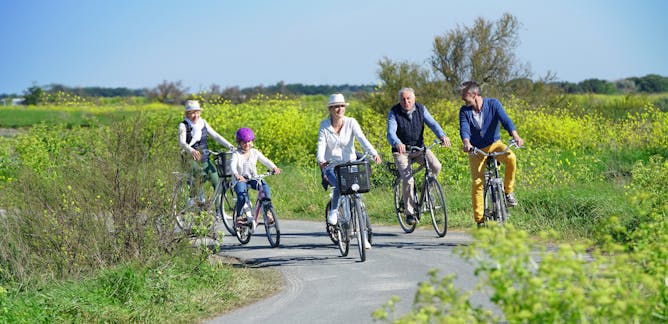
Julia Brassolotto, University of Lethbridge; Albert Banerjee, St. Thomas University (Canada); Sally Chivers, Trent University
Death-friendly communities that welcome mortality might help us live better lives and provide better care for people at the end of their lives.
| |
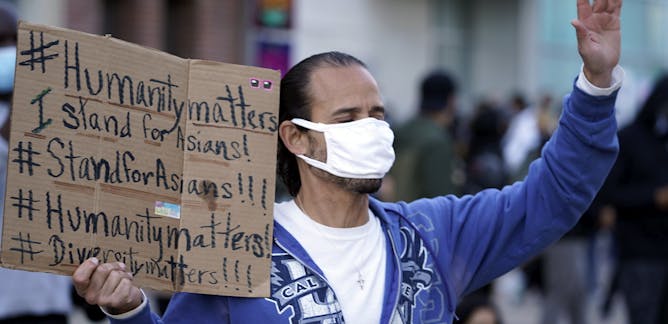
Jamie Chai Yun Liew, L’Université d’Ottawa/University of Ottawa
In trying to make sense of the recent mass killing in Georgia, it’s important to see that it was more than just violence against women and anti-Asian hate.
|
|
|